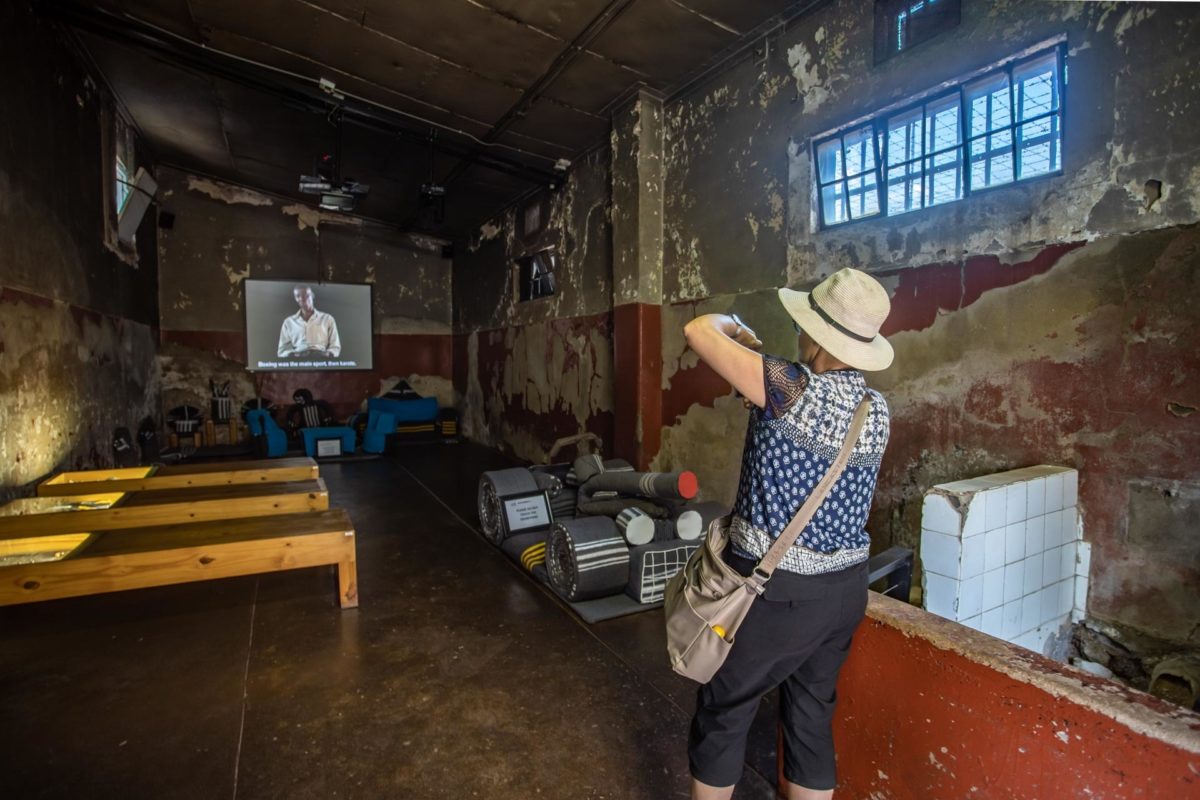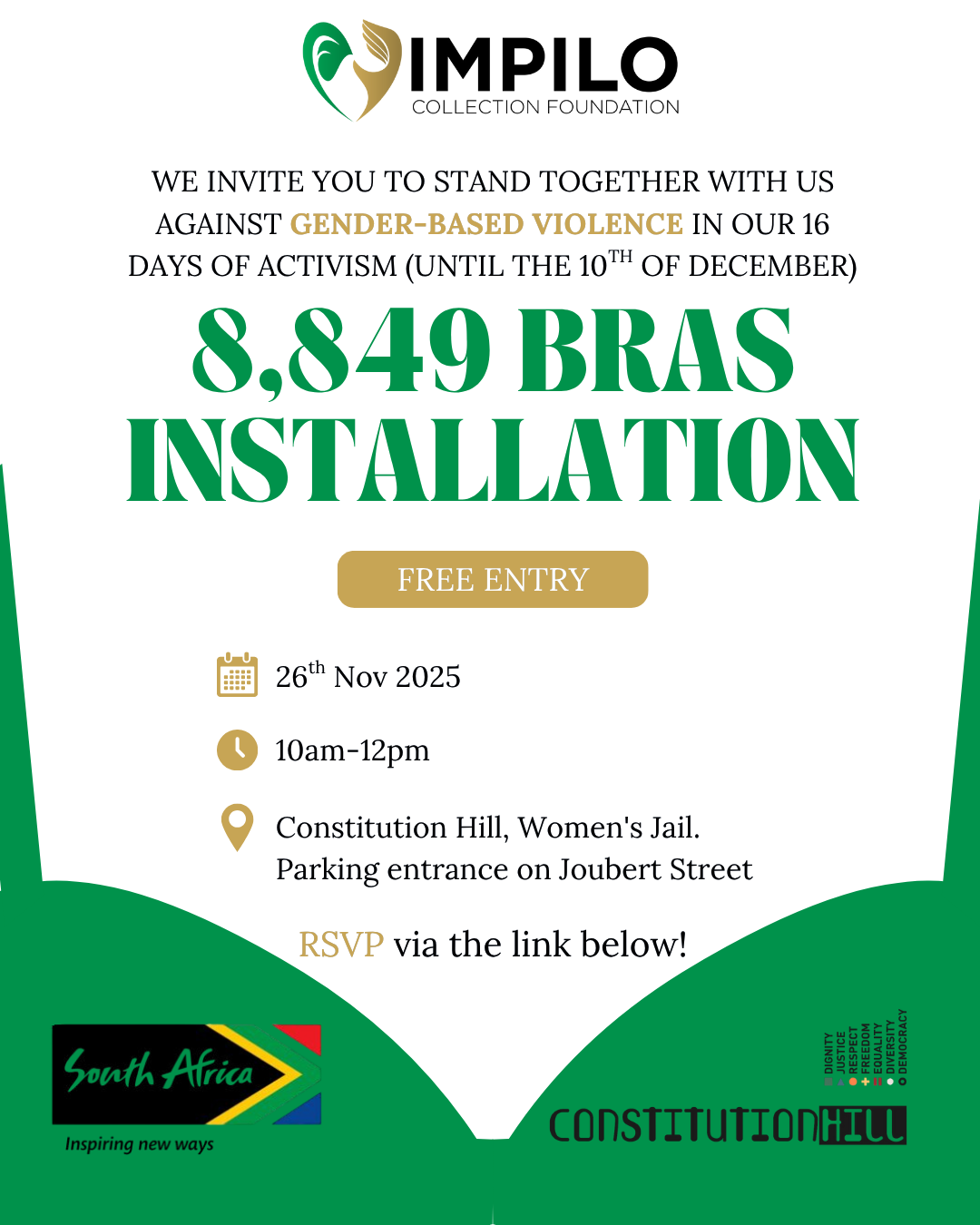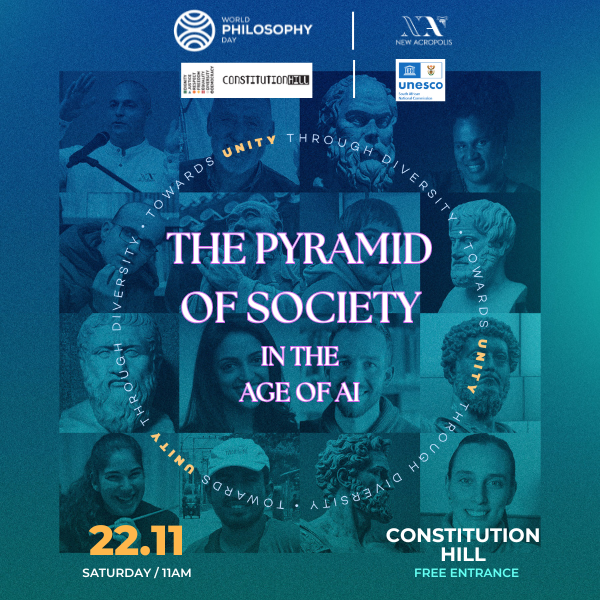
The Constitutional Court continually helps South Africans ensure the 1996 Constitution is correctly brought to bear on their everyday lives.
The Constitutional Court ruled on 22 June that the Speaker of Parliament has the power to decide whether to allow members of Parliament to vote in secret on any particular issue.
This means that Speaker Baleka Mbete’s was mistaken in her assertion that she had no authority to allow a secret ballot on a motion of no confidence in President Jacob Zuma. “It is her judgement call to make,” said the court’s president, Justice Mogoeng Mogoeng, passing down the judgement.
The Constitutional Court is the highest court in South Africa, tasked with upholding the country’s first post-democracy Constitution.
The court ruled that the Speaker’s decision must be rational, meaning that whoever holds the position can be asked for reasons why they ruled in a particular way, and that the decision is open to judicial review.
The United Democratic Movement (UDM) approached the court last month asking it to order that the vote on a motion of no confidence in Zuma be conducted by secret ballot. This was so that political parties, and particularly the ruling African National Congress, of which Zuma is president, could not effectively force their parliamentarians to vote in a particular way.
It is with rulings such as this that the Constitutional Court continually helps South Africans ensure the 1996 Constitution is correctly brought to bear on their everyday lives.

 +27 11 381 3100
+27 11 381 3100








